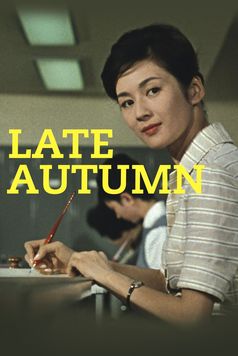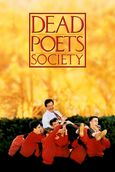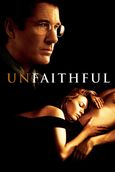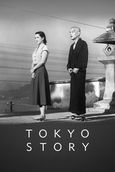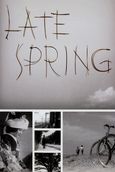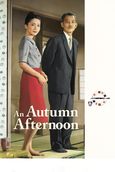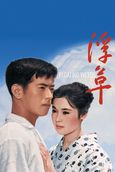
Late Autumn
Drama
-
1960
Add to Watchlist
Add to Seenlist
Add to Blacklist
Add to or remove from a custom list
A woman and her daughter are each forced to contend with an increasing pressure to marry, particularly from three men who knew her late husband.
Director:
Cast:
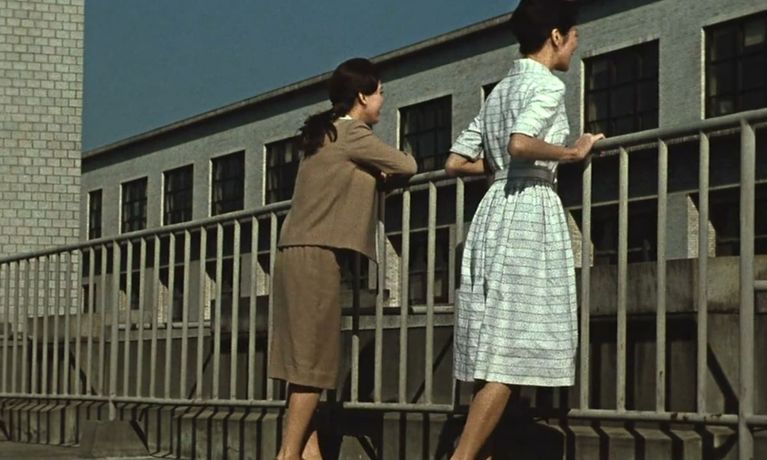
Similar
Same Director
Details
Rated:
Not Rated
Runtime:
128 min
Release date:
13 Nov 1960
Country:
JP
Languages:
Japanese
Budget:
$0
Revenue:
$0
Awards:
3 wins
Top Critics Reviews
fresh:
The struggles between the generations pre-date the clashes of the late nineteen-sixties. However, Ozu's extraordinary sensitivity makes them deeply dramatic, all the more so because these gentle, reflective persons seem to have led unruffled lives.
– Nora Sayre,
New York Times,
19 Jun 2007
fresh:
I'm not the world's biggest Ozu fan, but this late work is one of his finest.
– Fred Camper,
Chicago Reader,
19 Jun 2007
fresh:
Cinema that speaks to the soul.
– Trevor Johnston,
Time Out,
2 Feb 2010
